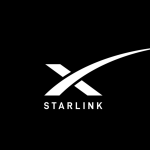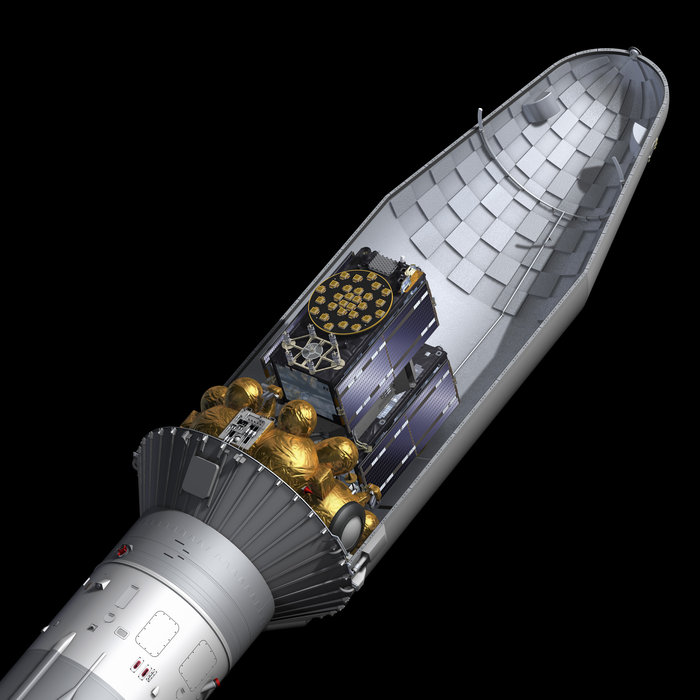The Federal Communications Commission (FCC) has issued a draft Notice of Inquiry (NOI) that, if adopted, will seek input on the development of alternative Positioning, Navigation, and Timing (PNT) technologies to complement GPS.
This move signals a growing recognition of the vulnerabilities associated with dependence on a single PNT system and aims to encourage new solutions across space-based, terrestrial, and hybrid systems.
At the FCC’s next open meeting on March 27, 2025, there will be a vote on proceeding with the NOI exploring other Positioning, Navigation, and Timing (PNT) systems that can be complements or alternatives to GPS.
In a statement, FCC Commissioner Brendan Carr said, “Beyond answering technical questions, we hope this effort will engage stakeholders across government and industry to encourage the development of new PNT technologies and solutions. As a nation, it is important that we catch up to other countries that are looking at robust alternatives of their own.”
A Push for Redundancy in PNT Services
Commissioner Carr highlighted the importance of expanding options beyond GPS, stating, “Continuing to rely so heavily on one system leaves us exposed. Disruptions to GPS have the potential to undermine the nation’s economic and national security. And the risks to our current system are only increasing…we need to develop redundant technologies.”
Exploring a Multi-Layered Approach to PNT
The FCC’s inquiry would seek feedback on a broad range of potential PNT solutions, including:
- Space-Based Augmentation: The agency is examining how medium Earth orbit (MEO) and low Earth orbit (LEO) satellites could enhance GPS resilience by providing additional positioning signals or acting as independent alternatives.
- Terrestrial Networks: The FCC is also considering how ground-based systems, such as longwave radio transmissions, TV broadcast signals, and fiber-synchronized networks, could serve as a backup in GPS-denied environments.
- Secure User Equipment: The inquiry invites discussion on receiver technologies that can function across multiple signal sources, potentially reducing vulnerability to jamming and spoofing.
Key Challenges and Considerations
The NOI under consideration highlights several factors that need to be addressed when evaluating alternative PNT solutions, including:
- Spectrum Considerations: Identifying frequency bands that can support additional PNT services without causing harmful interference to existing users.
- Cybersecurity & Signal Integrity: Ensuring that any new system is resistant to spoofing, hacking, and other forms of electronic warfare.
- Regulatory & International Coordination: Understanding how new PNT solutions would integrate with existing global frameworks and regulatory environments.
Industry and Government Input Requested
If adopted, the FCC will encourage input from industry leaders, government agencies, and researchers to shape the future of PNT resilience. “We welcome input from all interested parties to help shape policies that will promote a more resilient and diverse PNT landscape,” the FCC stated. Comments on the NOI will be accepted for a period following its publication in the Federal Register.
Read the full FCC Fact Sheet “Promoting the Development of Positioning, Navigation, and Timing Technologies and Solutions Notice of Inquiry” – WT Docket No. 25-110.
The outcome of this inquiry could have significant implications for industries that rely on precise positioning data, including aviation, defense, telecommunications, and autonomous systems. Stakeholders are encouraged to participate in shaping the FCC’s policy direction as the agency evaluates the best path forward for securing America’s PNT capabilities.






